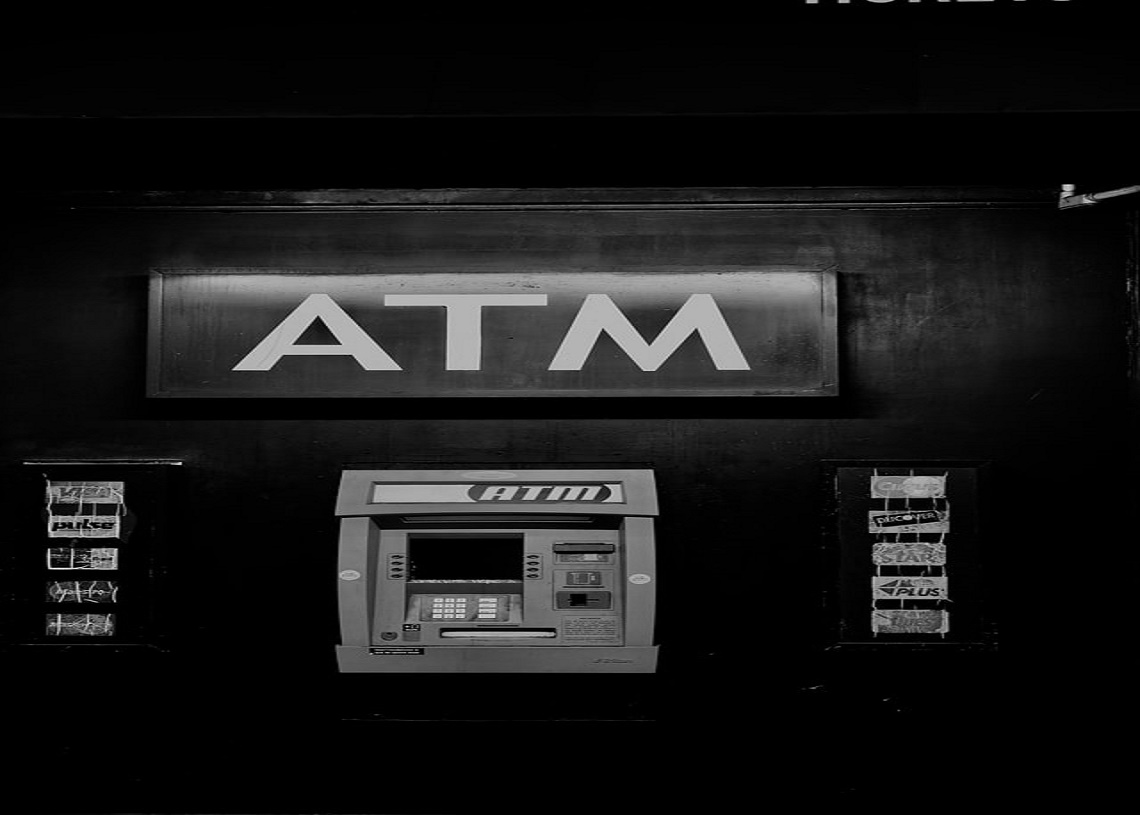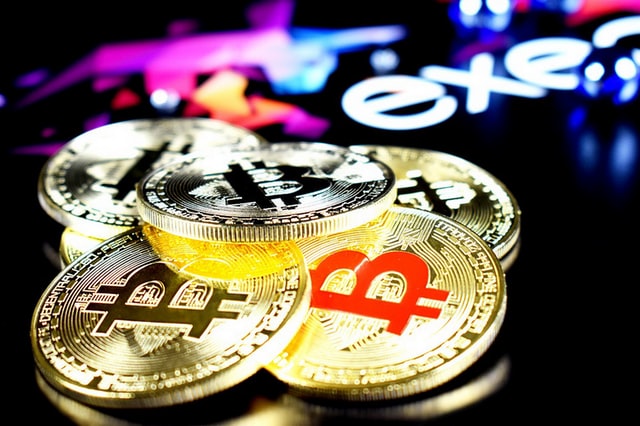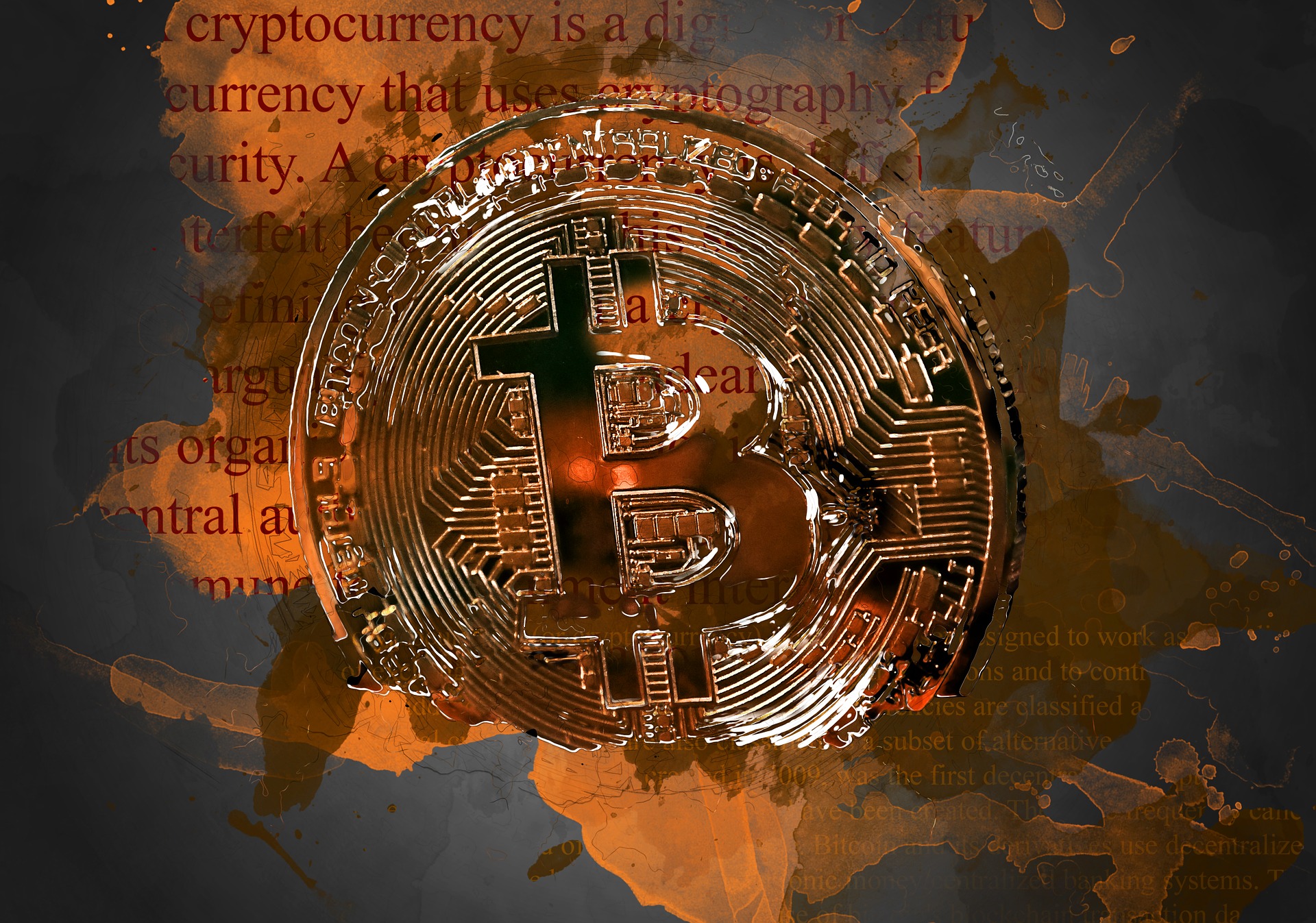The decentralized finance (DeFi) market is faced with other risks than investors losing their money due to price fluctuation. BNC Research, which focuses on digital currencies, revealed the non-financial threats in the DeFi market, showing just how the industry is still nascent. So, there’s an uphill battle for the industry to face before it becomes even safer for mainstream adoption.
Meanwhile, it’s worth commending the developments so far in the decentralized finance industry. Since 2020, the industry has recorded more investors and protocol developments, which was fueled by the recent yield farming craze. At the time of writing, the total value locked (TVL) in the DeFi market had reached $14.1 billion, according to DeFi Pulse.
Other DeFi Risk Investors Should Know
Besides the common volatility issues with cryptocurrencies in general, BNC mentioned “scalability” as another risk investors should worry about in DeFi. Notably, Ethereum is the root network for DeFi, and scalability is one of the concerns with the current version. As Ethereum 2.0 – a more scalable version of the blockchain – is years away, BNC said that the network is likely to get congested as more people flock to DeFi.
Congestion of the network would cause higher transaction fees, as was seen during the rush in DeFi some months ago. Also, there are chances that many DeFi applications might be forced to shut down due to higher transaction fees. One other concern is smart contract vulnerabilities. In recent months, many new protocols were exploited by hackers due to bugs/flaws in the coding. It was estimated that tens of millions of dollars had been lost this year to hackers.
Another problem relates to price oracles used by DeFi protocols. There are times where these oracles provide outdated and inaccurate price updates. Bad actors can exploit this weakness, especially if the oracles post a price for an asset that is higher than the actual market value. BNC Research also mentioned poor design and coding as a problem, adding that these challenges and more, need to be addressed to prepare the room for DeFi mainstream adoption.
















